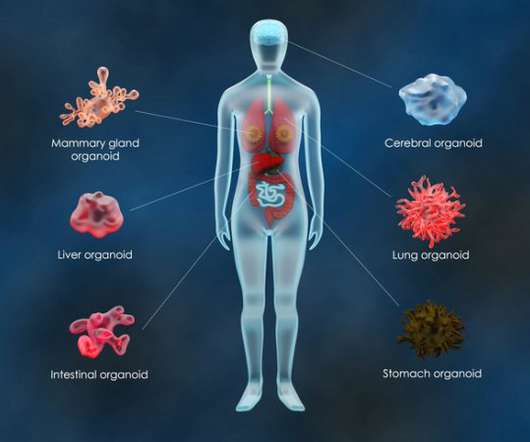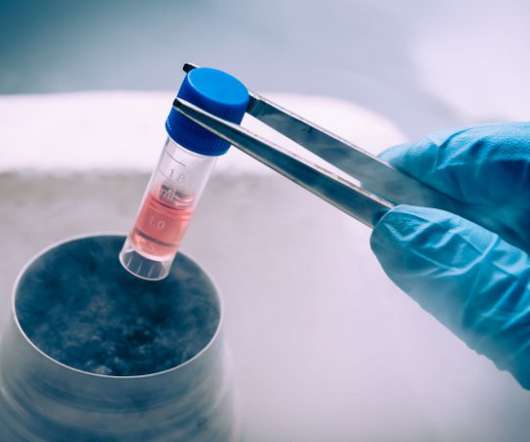Artificial Intelligence innovation: Leading companies in in-silico drug discovery
Pharmaceutical Technology
FEBRUARY 23, 2023
Within the emerging innovation stage, DNA chips, tissue culturing automation, and mass spectrometry analysis are disruptive technologies that are in the early stages of application and should be tracked closely. However, not all innovations are equal nor do they follow a constant upward trend.















Let's personalize your content